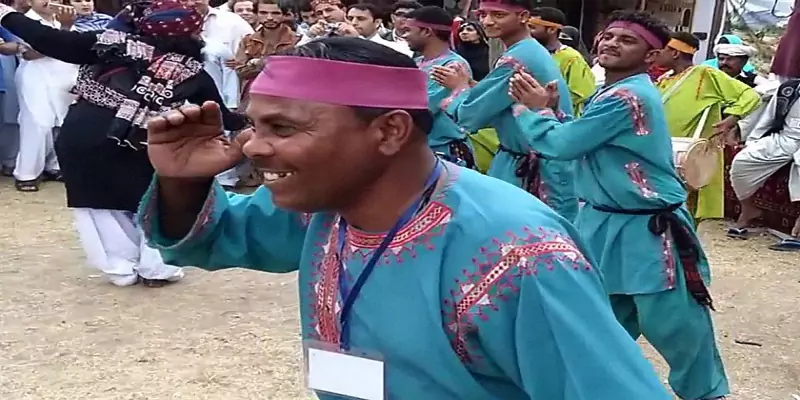Makrani Culture
Makrani culture, rooted in the arid landscapes of Balochistan, Pakistan, is a rich tapestry of traditions, customs, and a resilient way of life that has withstood the test of time. The Makrani people, primarily residing in the Makran region, have cultivated a distinct cultural identity that reflects the unique historical, geographical, and social influences that have shaped their existence.
Geographically, the Makran region occupies the southeastern part of Balochistan, stretching along the Arabian Sea coastline. Its landscape is characterized by vast deserts, rugged mountains, and a coastline that not only defines the region's geography but also plays a crucial role in shaping Makrani culture. The Makrani people have learned to adapt and thrive in this challenging environment, utilizing their deep connection with nature to sustain their livelihoods.
Language is a significant aspect of Makrani culture, and the people primarily speak Makrani Balochi, a distinct dialect within the broader Balochi language family. The language serves as a vital link between generations, preserving the cultural heritage through oral traditions, folklore, and storytelling. The vibrant linguistic tapestry reflects the historical interactions and influences that have shaped the Makrani identity over centuries.
The Makrani people have a strong sense of community, and their social fabric is woven with traditions that emphasize collective well-being. Extended families play a crucial role in Makrani society, providing a support system that extends beyond the nuclear family unit. This communal ethos is evident in various aspects of daily life, from communal celebrations to shared responsibilities in agriculture and pastoralism.
Livelihoods in Makrani culture are deeply intertwined with the region's geography. The arid climate and challenging terrain have led the Makrani people to develop adaptive and sustainable practices. Agriculture, particularly the cultivation of date palms and other drought-resistant crops, is a cornerstone of their economy. Additionally, pastoralism, with a focus on raising livestock like camels and goats, is a traditional way of life that has been passed down through generations.
The Makrani people have a rich tradition of craftsmanship, creating intricate handicrafts that showcase their artistic prowess. Traditional embroidery, pottery, and rug weaving are among the crafts that have been honed and perfected over centuries. These crafts not only serve practical purposes but also hold cultural significance, often featuring symbolic motifs and patterns that tell stories of the Makrani people's history and way of life.
Religion plays a central role in Makrani culture, with Islam being the predominant faith. The Makrani people practice a form of Sunni Islam that is deeply ingrained in their daily lives. Mosques serve as not only places of worship but also as community centers where social, cultural, and educational activities take place. Religious festivals and ceremonies mark important milestones in the Makrani calendar, fostering a sense of unity and shared identity among the community.
Cultural celebrations in Makrani society are vibrant and colorful, reflecting the joyous spirit of the people. Weddings, in particular, are elaborate affairs, marked by traditional dances, music, and feasts that bring the community together. The traditional dance forms, such as Attan and Leva, showcase the rhythmic movements and spirited expressions that are an integral part of Makrani celebrations.
Despite the challenges posed by the harsh environment and economic constraints, the Makrani people have preserved and nurtured their cultural heritage with resilience and pride. The oral traditions, rituals, and crafts have been passed down through generations, creating a cultural continuum that links the past with the present.
Makrani culture in Balochistan, Pakistan, is a testament to the resilience and adaptability of a community deeply connected to its natural environment. The unique blend of linguistic diversity, communal ethos, craftsmanship, and religious practices forms a cultural mosaic that distinguishes the Makrani people. As they navigate the challenges of the modern world, the Makrani community continues to find strength and inspiration in the rich tapestry of their cultural heritage.

